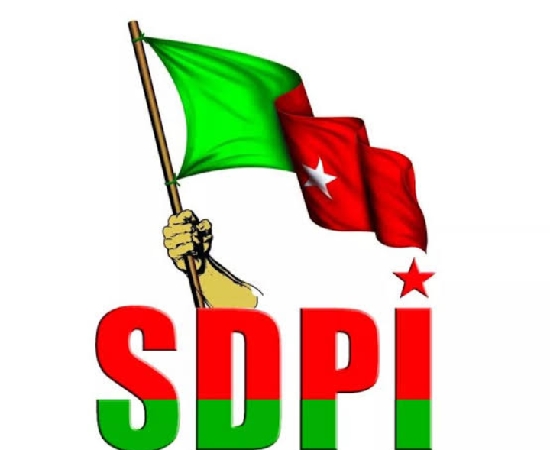Mangaluru, Oct 29: Prime Minister Narendra Modi on Sunday launched a veiled but scathing attack on the Congress over alleged corruption in development funds, asking which was the "hand" that reduced every rupee to 15 paise before reaching its beneficiary.

Addressing a public rally in Ujire near Dharmasthala, a temple town in Dakshina Kannada, Modi also took a dig at the opposition for its criticism of demonetisation, saying even parents limit cash given to their children because it spoils them.
Without naming Rajiv Gandhi, Modi recalled that a former Prime Minister had said that from every rupee sanctioned by the government, only 15 paise reached its beneficiary in a village.
"One of the Prime Ministers had said every rupee is reduced to 15 paise when it reaches a village after getting sanctioned from Delhi. Which hand reduces the rupee?" he asked, in a sarcastic reference to the Congress election symbol.
He said this was not the case with his government that was committed to devote every rupee and every resource for the welfare of Indians so that fruits of development reached the beneficiaries without any scope of corruption.
Modi said cash currency had always been changing from stone coins, rubber coins, gold and silver coins in the economic history of the world and now it was the time for digital currency in the world. "India cannot lag behind."
Modi launched the distribution of RuPay Cards for Self-Help Group members and gave the cashless cards to two women enrolled for Pradhan Mantri Jan Dhan Yojana.
He said such self-help groups, who have pledged to conduct their businesses cashlessly, have answered all those who spoke against demonetisation, questioning how was it possible to become cashless in a country where the poor and less literate have no digital connectivity.
"But today, you have answered them. Aren't our women in rural areas educated? Twelve lakh people have pledged to make their businesses cashless. When your intentions are good, even obstacles can speed up your work. You have sown the seeds of digital India, less-cash society. I congratulate you," Modi said.
"People criticized the government's Digital India initiative and said people don't have mobile phones with them. But Dharmasthala’s Veerendra Heggade proved through SKDRDP that it is possible," Modi said.
"Even parents limit cash to their children because they think it will spoil them. That is why self-accountability is very important." He urged people to use Bhim App and embrace cashless transactions in the "era of honesty and integrity" where there "is no place for those who cheat the system".










Comments
Same Category people.All are Terrorists for common people.
Add new comment